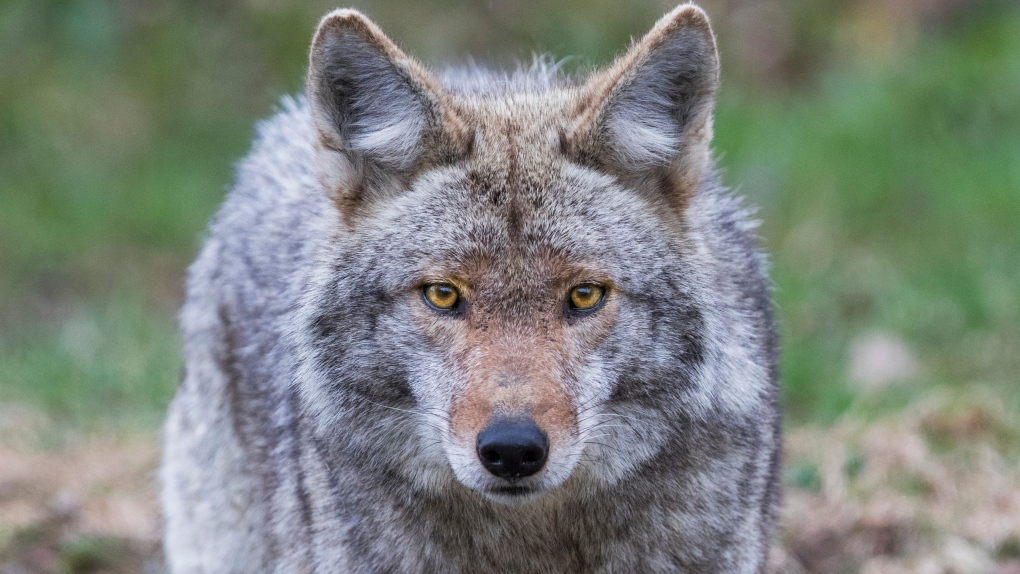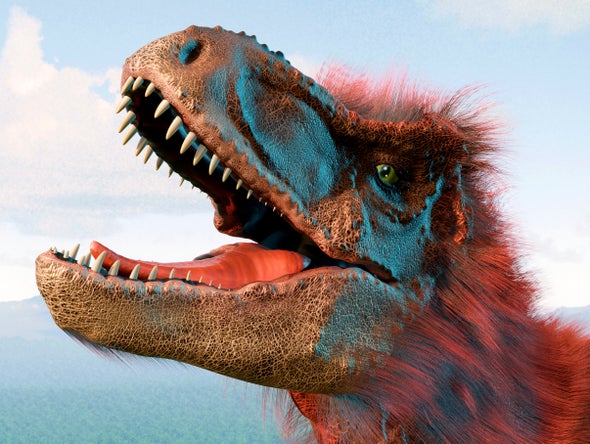
Kendra Mangione
CTVNewsVancouver.ca Reporter and Producert
Published Sept. 21, 2021 3:08 p.m. MDT
VANCOUVER -
Officials planned to trap and kill dozens of Stanley Park coyotes during a two-week cull, but with only four of the animals euthanized, the park is still reopening on schedule.
The Vancouver Park Board said in a news release Tuesday that the popular park is once again fully accessible. All trails are open, and the overnight park closure is over.
The board said fencing set up to keep people out at night, and signs reminding them of the closures, will also be removed shortly.
Tuesday marks the end of the two weeks set aside for the province's Ministry of Forests to deal with the coyote problem in the park.
Dozens of people, including children, have been attacked since December 2019 by a population of coyotes thought to be too habituated to human activity to be relocated.
After trying other options, the ministry opted to set up traps through the area, planning to cull the population as a reset for the area.
The hope was once the problem animals had been captured and killed, any coyotes that remained or moved in would be able to co-exist with humans. At the same time, an education program would begin, with a focus on avoiding the behaviour that can lead to these situations.
Many voiced concerns about the plan, which the ministry estimated may result in the deaths of as many as 35 coyotes in the park.
But in the end, only four were killed during the cull. Combined with another seven coyotes killed by the B.C. Conservation Officer Service before the ministry-led cull began, a total of 11 have died.
In its statement Tuesday, the park board said experts think there are more coyotes living in the park, but that any immediate threat to safety has been addressed through the cull.
Visitors are still advised to be cautious, especially around dawn and dusk. Those who see a coyote should try to make themselves as large as possible, and should not run. They're advised to speak loudly and make noise, but not to scream.
Wildlife should not be fed, and any food waste should be taken home or disposed of properly. Wildlife-proof garbage bins have recently been installed in hopes this will also help reduce the number of coyote attacks.
Ministry staff will continue to monitor the situation in the park, the board said, and visitors may notice park rangers watching the behaviour of both humans and animals.
The park board said its staff is also reviewing city bylaws with an eye on enforcement, though feeding dangerous wildlife is already prohibited in B.C. under provincial regulations.
Anyone who witnesses an aggressive coyote, or who sees a person feeding coyotes, is asked to call the B.C. Conservation Officer Service to report it immediately, at 1-877-952-7277.












 First Nations activist Michael Champagne of Winnipeg was a pundit on APTN’s election broadcast Monday. Photo: Facebook
First Nations activist Michael Champagne of Winnipeg was a pundit on APTN’s election broadcast Monday. Photo: Facebook

